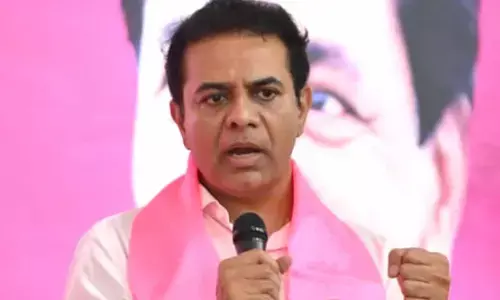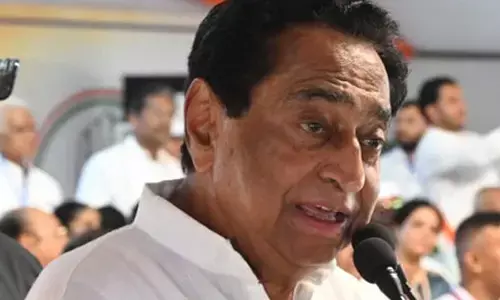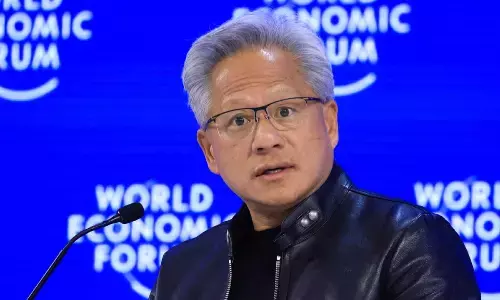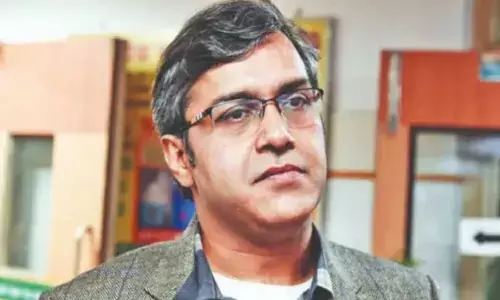India will see higher growth if reforms accelerated: World Bank
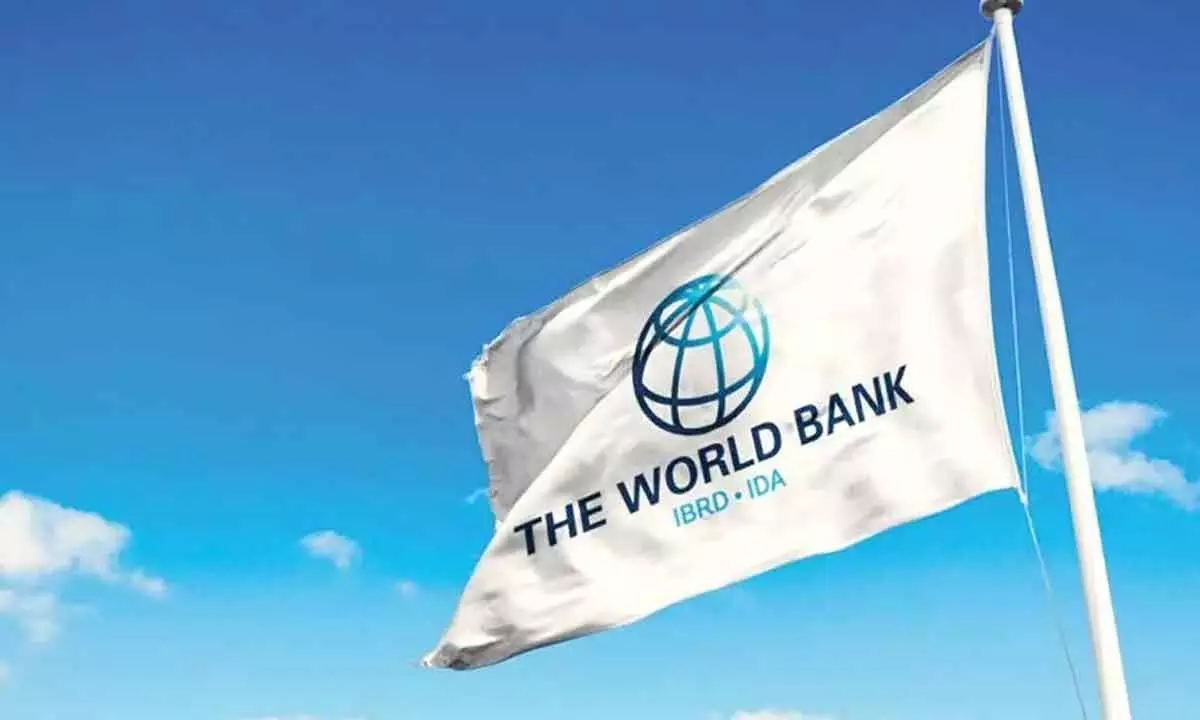
Says Investment growth rate slowed from 10.5% in 2000-10 to 5.7% in 2011-21
India's potential growth could benefit from accelerated implementation of its ambitious reform agenda, the World Bank said in a new report that warns that the global economy faces the prospect of a 'lost decade' on account of nearly all drivers of economic progress in recent history fading.
The report titled 'Falling Long-Term Growth Prospects: Trends, Expectations, and Policies' said
while India has been growing at a faster pace than peers, its "growth could benefit from accelerated implementation of an already ambitious reform agenda," it said. The report said addressing the aftermath of financial sector distress in India could unlock significant growth. "India has a less developed financial system than many of its peers, with a heavy state presence. To improve the sector's efficiency and depth, reforms could be undertaken to further rationalise the role of public sector banks, ensure a level-playing field in the banking sector, and promote the development of capital markets," it said.
On India's infrastructure deficit, the World Bank said reforms suggested by the Task Force on the National Infrastructure Pipeline should be implemented, including improving project preparation processes, enhancing the capacity and participation of the private sector, improving contract enforcement and dispute resolution, and improving sources of financing. The World Bank said investment growth in India slowed from an annual average of 10.5 per cent in 2000-10 to 5.7 per cent in 2011-21.
"In India, structural bottlenecks, including unreliable power, poor road and rail networks, and arduous administrative requirements on business, have been barriers to investment over the past decade, along with banking sector weaknesses that have constrained investment finance," it said.
In FY2013-14, private investment, which accounted for nine-tenths of total investment, stagnated as global financial conditions tightened rapidly and capital outflows accelerated. Subsequent years saw continued muted investment growth relative to the preceding decade. The slowdown, it said, has been attributed to a range of factors, including excess capacity in manufacturing following the 2009 global recession, policy uncertainty, and reforms implemented by the Reserve Bank to address financial sector weaknesses, particularly among state-owned banks.
"Stress in the financial sector came to the fore again a few years later and resulted in an abrupt slowdown in private fixed investment in FY2019-20," the report said.
The Covid-19 led to a 10.4 per cent contraction in fixed investment in India in FY2020-21, but a robust recovery followed, assisted by the government's investment drive. "Thus, in FY 2021-22, investment rebounded by 15.8 per cent, making the shortfall from the pre-pandemic trend among the smallest in the south-Asia region," the report said.
The report however said that the global economy's 'speed limit' - the maximum rate of long-term growth without causing inflation - is set to decline to its lowest point in three decades by 2030.
"In the decade before Covid-19, a global slowdown in productivity - which is essential for income growth and higher wages - was already adding to concerns about long-term economic prospects," the report said.
The report further added that investment growth is weakening, global labour force is growing sluggishly, human capital reversals have been triggered by the coronavirus pandemic, and growth in international trade is barely matching GDP growth.
"The result could be a lost decade in the making - not just for some countries or regions as has occurred in the past - but for the whole world. Without a big and broad policy push to rejuvenate it, the global average potential GDP growth rate is expected to fall to a three-decade low of 2.2 per cent a year between now and 2030, down from 2.6 per cent in 2011-21," it said.
The analysis shows that global potential GDP growth can be boosted by as much as 0.7 percentage points - to an annual average rate of 2.9 per cent - if countries adopt sustainable, growth-oriented policies that would convert an expected slowdown into an acceleration of global potential GDP growth.









